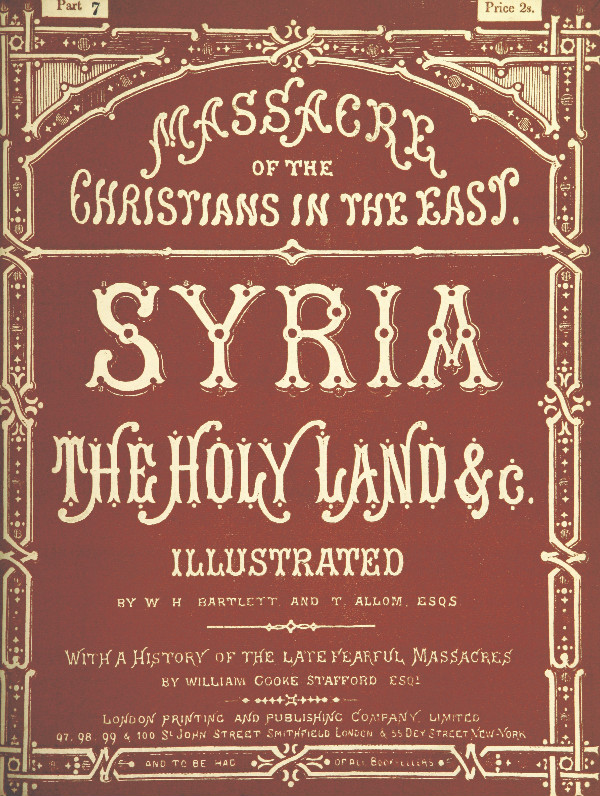
This is the latest letter from Maronite Archbishop Samir Nassar in Syria. Many thanks to Sr. Margaret Charles Kerry, FSP for always translating the archbishop’s letters from French so we can continue to keep the Christians in Syria in our prayers. – Sr. Theresa Aletheia
THE FOUR CHALLENGES OF EASTERN CHRISTIANS
1. The Challenge of History
The Christians of the East bear the burden of the Christological disputes of the first four Ecumenical Councils:
- Nicea in 325 A.D.
- Constantinople in 381 A.D.
- Ephesus in 431 A.D.
- Chalcedon in 451 A.D.
These councils defined and transformed Christian doctrine.
The thirteen churches of the East possess a rich heritage, yet in the 7th century a competing and divided Eastern Christianity could not cope with Islam.
In the 12th and 13th century these Eastern Christians allied themselves to the Crusaders who came to liberate Jerusalem. After the defeat of the Crusaders, the Muslims continued to be suspicious of their fellow Christians who were still considered allies of ‘enemy’. These churches suffered a severe persecution during the 14th and the 15th century.
The collective memory of Christians and Muslims does not forget these injuries.
How can you forget a damning past and purify a collective memory? Could a request for forgiveness turn the page on these dark spots in our history?
2. Demographic Challenge
Now a minority, Eastern Christians in a world dominated by Muslims are in decline: declining birthrate, and sectarian laws requiring non-Muslim partners to convert to Islam in mixed marriages in all Arab countries except Lebanon. A marriage partner can become a Muslim but they cannot become a Christian.
Added to this are higher emigration numbers among Christians. This accelerated population decline weakens parishes, families and the social and political weight of Christians in Eastern societies. Because of the isolation and marginalization a minority endures many live in society with a low public profile.
How does this heroic minority survive? The early Church could be a good model.
3. Challenge of Evangelization
Catholic schools are nationalized; there is no longer access to the education of our children, so does a generation ignore their faith? How do we fill this gap? We fill it with parish catechism which is only an effective solution for 5% of the resettled schoolchildren. This is a precarious and costly solution. Transportation is expensive so student attendance is irregular. The children need to be picked up at their homes.
A plan designed to hold biblical evenings in families was scheduled to begin before the war. Now many of the trained catechists are missing and some have left the country. With the rise of fanaticism, fundamentalism and intolerance evangelism becomes too risky.
The Gospel continues to attract a lot of people but it is not possible to baptize them. Freedom of religion without freedom of conscience is not enough. To co-exist with Islam is our difficult and unavoidable choice.
Faced with this challenge the hidden life of Jesus seems to be a good way.
4. Economic Challenge
The scattered Christian minority has long lost the financial means to support their parishes and their pastors. These Eastern Churches are not viable without contributions from Western Churches and the charitable solidarity movements. Without their support 80% of the places of worship would be closed. This fraternal generosity during the global crisis may not continue. The future is hard to imagine.
A poor Church closer to the gospel is the best testimony.
The Challenge of Challenges:
In the face of this long and profound Calvary, some have changed religion, others have chosen to leave. The little flock that remains look upon Mary at the foot of the cross and meditate on these words of Christ:
“Whoever does not bear my cross and follow me cannot be my disciple.” Luke 14: 27
Damascus April 25, 2016.
+ Samir NASSAR
Maronite Archbishop of Damascus















